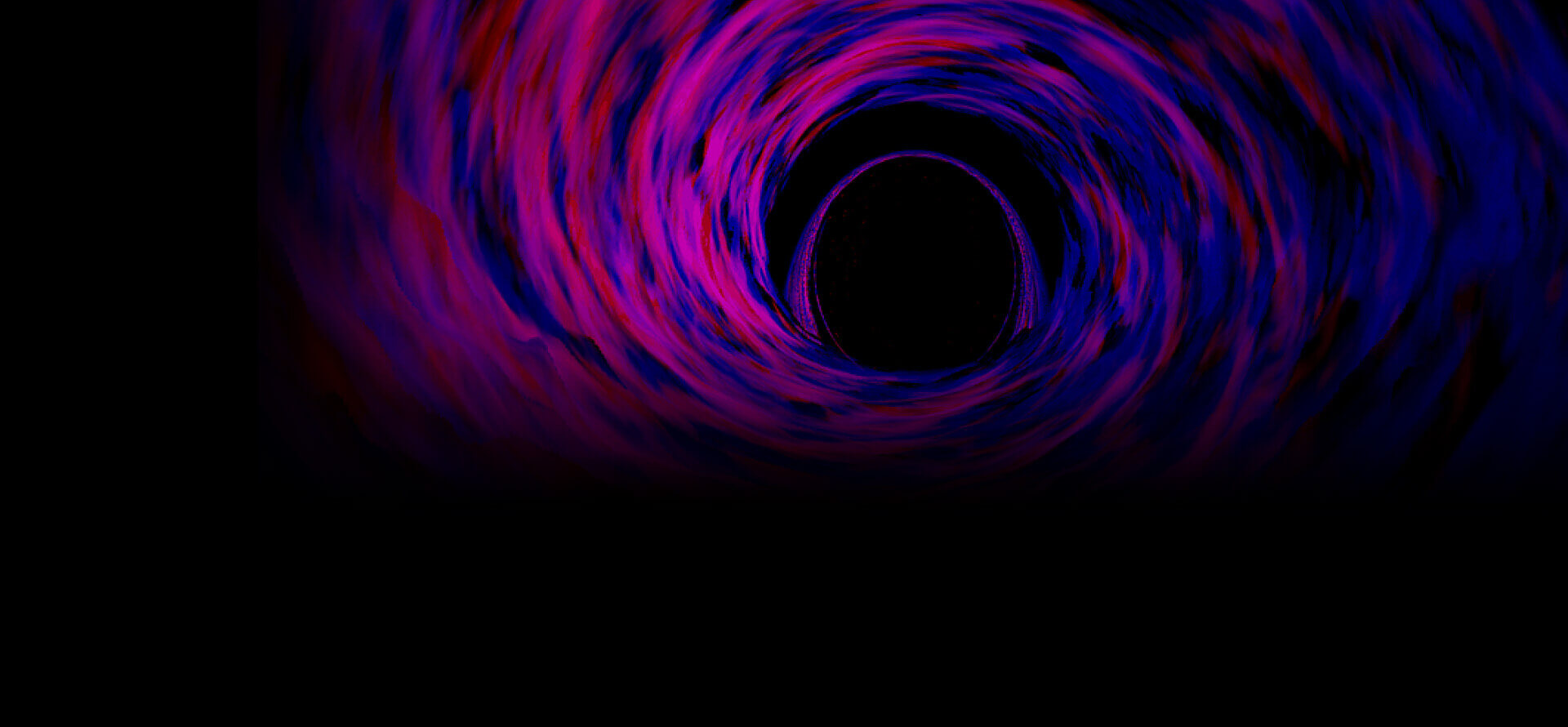Meet the People at the BHI

Cumrun Vafa
Biography
Cumrun Vafa’s primary area of research is string theory. String theory, a subject that is about four decades old, is at the center of efforts by theoretical physicists to find a unified fundamental theory of nature. String theory provides a framework to unify everything we know about nature, including all particles and the forces between them, in a consistent quantum theory. This is an ambitious goal, given that it aims to describe physical phenomena involving scales 1025 times smaller than the atom, as well as the cosmology of our entire universe, which involves a scale of about 1037 times bigger than the atom. In a single theory, one studies the mysteries of the confinement of quarks inside atomic nuclei, as well as the enigmatic properties of astrophysical objects such as black holes.
Such an all-encompassing theory necessarily requires a tremendous amount of mathematical technology. In fact, most of the mathematics needed for string theory is not even yet developed. String theorists thus have the exciting task of building new mathematics as tools to explore new laws of physics. It is therefore not surprising that string theory is at the crossroads of many fields, including mathematics, particle phenomenology, and astrophysics. Cumrun Vafa’s research has involved essentially all these aspects. Together with his colleagues, he has worked on topological strings, trying to elucidate some new mathematics originating from string theory (notably in his work on mirror symmetry) and using these techniques to uncover some of the mysteries of black holes, particularly the Bekenstein-Hawking entropy. He has also applied these ideas to particle theories by geometrically engineering quantum field theories, as well as solving the strong coupling dynamics of confining theories (using large N matrix model technology) and geometrizing string theory defects (in a limit of string theory known as F-theory). His recent work involves applying these ideas to come up with stringy predictions about what the Large Hadron Collider (LHC) at CERN may potentially discover in the near future.
More From Cumrun
Honorary Affiliate: Stephen Hawking
In Memoriam
Former Honorary Affiliate
Dennis Stanton Avery and Sally Tsui Wong-Avery Director of Research, Department of Applied Mathematics and Theoretical Physics, University of Cambridge Physics
Learn More About Stephen


